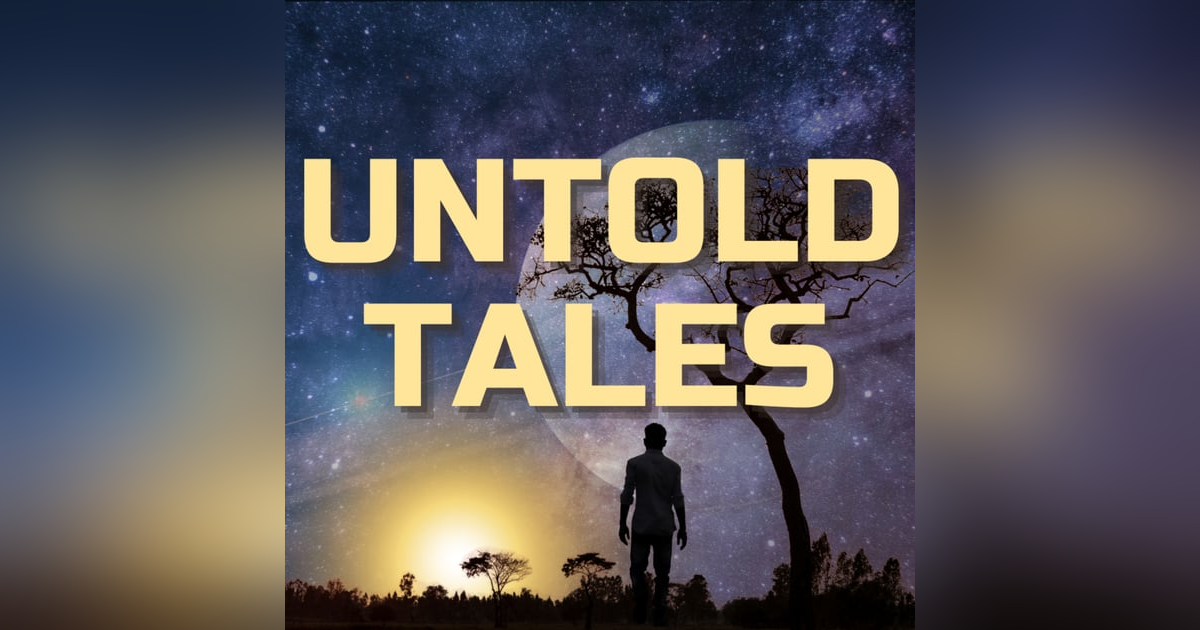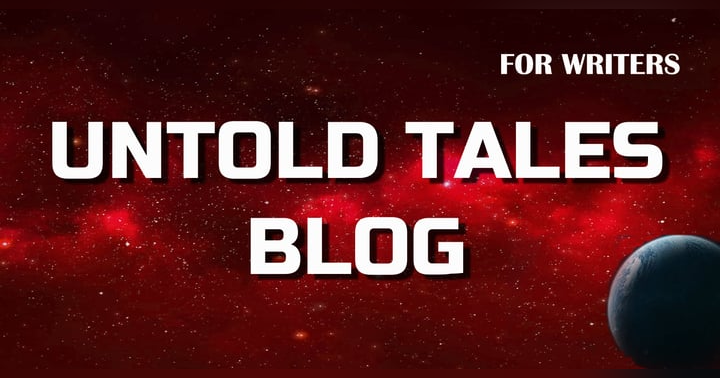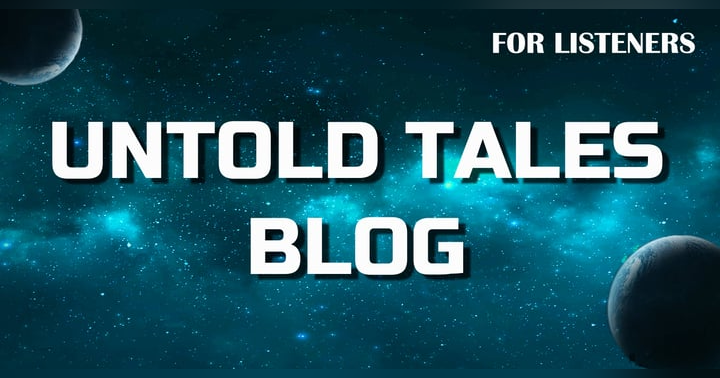What in the Bloody Hell Is This?! How Not to Sell Your Story to a Publisher

There's a classic scene in the movie That Thing You Do in which a rising band of young Beatlesque rock musicians, promised a meeting with Play-Tones record company president Sol Siler, played by Alex Rocco. In that scene, one of the band members steps past their existing manager to interrupt a very busy Siler's hastily-eaten lunch with a hot pitch for why they're the greatest band in the world. Siler replies through a mouthful of sandwich,:"What the bloody hell is this?! Auditions during my lunchtime?!" and his indignation at being interrupted by valueless, irrelevant, and high-pressure blather is audible.
Almost 20 years ago, my company Small Potatoes Press ran a professional-market Victorian SF eZine called Would That It Were. We sought "speculative fiction anchored between the years 1830 and 1930, 5000 words or less." I left further definition of the genre up to the authors in order to encourage creativity.
The 'zine ran from 2000 to 2004, when I was forced to shut it down due to a change in personal circumstances. We paid well ($0.05/word) at the time, and attracted high-profile writers such as Bruce Bethke (the author who coined the word "cyberpunk"), P.K. Dick Award nominee Lavie Tidhar, and Theodore Sturgeon Award nominee Elise Tobler. Like many growing 'zines, we encouraged fresh new talent to send submissions also. And boy, did they!
WTIW posted writers' guidelines, mostly so story submitters could take the initiative to not send anything that didn't meet my general guidelines, but also as a means of self-defense. In any given month, I and my two co-editors Jeff Robinson and Gil C. Schmidt would receive hundreds of stories. Most of them violated our writers' guidelines: they were not remotely related to Victorian SF, they were way longer than our allowable story length (nice try for the bucks, though), or badly written. And I'm not talking about the subtle stuff like POV shifts. Poor grammar, multiple spelling and punctuation errors, and a whole truckload of stuff we would have to fix just to get the story publishable. Of the remaining 15 percent or so, about two thirds of the stories were tired tropes or badly-executed pastiches.
It was easy to toss out the bad stories. Every one of them was like an apple with a worm in it. So much possibility and promise ruined by some ugly feature.
Though ultimately the decision not to publish was based on the story falling outside our stated genre, there was one story I remember to this day: The Disillusionist. It was about a traveling magician, during the heyday of circuses, whose tricks weren't tricks at all. He actually DID painfully pull pennies out of children's ears, and actually sawed a lady in half as the crowd gasped during a performance. It was 100% horror.
It was also 100% interesting, and it ALMOST fit our guidelines. Yet I could not bring myself to ask the author to inject a little steampunk into the story just to get it to fit, for it would have ruined it, and I valued his pure expressive voice more than the idea of bending the story to fit. That said, his pitch was fantastic: he got right to the point about why he was a credible and competent author, why the story was special, why I MIGHT like it (I did), and why it might be right for my online magazine (sadly, it wasn't). No bullshit, no vague beating-around-the-bush about how great he was or how I was going to love the story. Just the details, take them or leave them.
Bottom line? Your story isn't a $100 bill. Not everyone's going to like it, and it's probably not going to make anyone especially rich even if they do.
Remember that I said we had hundreds of submissions per MONTH?
My friends, the person you're sending to WANTS a good story AND is willing to mine through a pile of excrement to find it. Get to the point. Be clear and concise about what your story is and isn't. The LAST thing you want to do is waste a publisher's time. Starting with your pitch, SHOW me you're the greatest author in the world. DON'T make me dig for it. I won't.
My advice: if you think your story is great, polish it, then work on your pitch. Test it on a few friends. Ask them for their genuine, uncut first reaction. If they saw something special in it, ask them what it was. Then use that in your pitch.
If you're trying to be a successful writer, you need to be a successful salesman. That starts with understanding through someone else's eyes what's special about your writing.
If your pitch isn't connecting, it could be that it's a great market, a great story, they got too many submissions, and they just haven't discovered the next P. K. Dick or Theodore Sturgeon hidden within you. It might be that your story doesn't draw in their attention--though most editors and publishers will read all of a well-written story even if it's not compelling. It's far likelier, though, that your story doesn't match their guidelines, has numerous obvious errors, or your pitch doesn't make them give a damn.
Look at your story. Then look at your pitch. Then go back with the eyes of a tired, overworked, underpaid editor or publisher and ask why he would want to be interrupted by it in the middle of his lunch.









